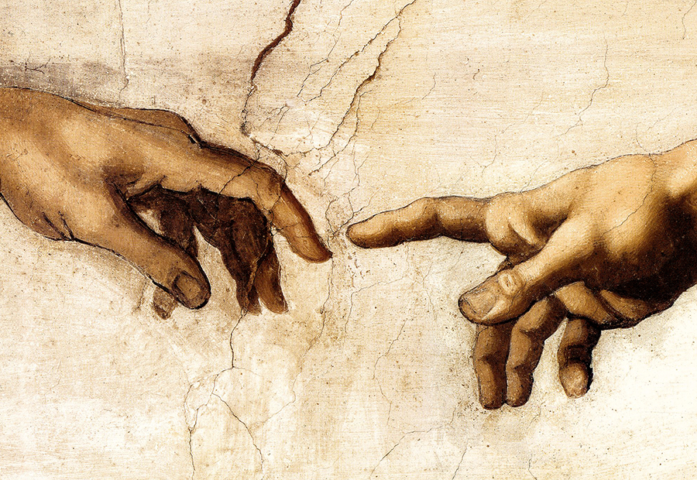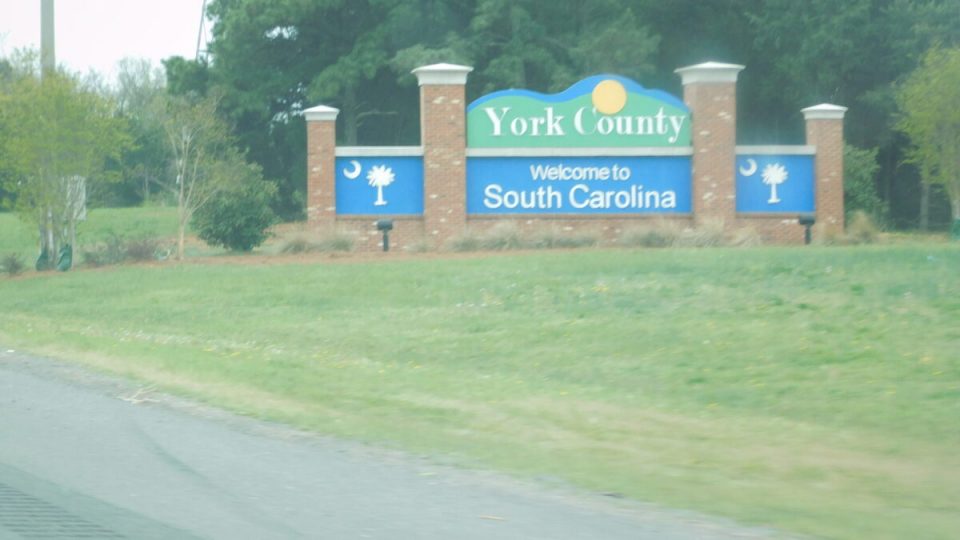Pope Declares Troubling Interpretation of AL ‘Authentic Magisterium’
December 4, 2017Fr. Mark Goring: Three Things for 2018 (Video)
December 4, 2017
By Ben Butera, The American Catholic, November 11, AD 2017
 My last post spurred some interesting comments about human rights. One commenter in particular made an astute observation about three inalienable rights in terms of our temporal life.
My last post spurred some interesting comments about human rights. One commenter in particular made an astute observation about three inalienable rights in terms of our temporal life.
-
The Right to Life: Relates to your future; lose your life and you lose your future.
-
The Right to Liberty: Relates to your present; lose your liberty and you lose your present.
-
The Right to Property: Relates to your past; lose your property (the fruit of your life and liberty) and you lose your past.
And in the end no one, other than God, can justly infringe upon these rights assuming there is no need to take your life or liberty in self-defense or as punishment, and that your property was justly acquired.
But aren’t terms like “life”, “liberty” and even “property” subject to interpretation and understanding? You’d think the right to life would be fairly straightforward, but for some, animals and trees have more right to be alive than humans who happen to be physically located in their mother’s womb. Along these same lines, a sense of entitlement can lead one to conclude that the right to an abortion is part of a woman’s “liberty” and that your property is not really yours, but actually communal property that can and should be distributed equally.
Kids and young adults might express this sense of entitlement more freely than older adults and this can all relate to how we view salvation. My confirmation students will sometimes say what many adults might often think. An example is when we discuss Original Sin in class. Objections to the dogma may go something like this…What’s the deal with Original Sin? Adam and Eve disobeyed, not me. I didn’t do anything, especially when I was a newborn baby, so why should I have to deal with all the ramifications of Original Sin? It’s not fair!!
The attitude above seems to imply that we are entitled to salvation; we have a right to the free gift of grace and eternal life with God. In contrast, St Paul spoke of salvation as more of a process “So then, my beloved…work out your salvation with fear and trembling.” (Philippians 2:12) “Work out” implies a process, and “fear and trembling” implies that it can be lost or never realized.
The following analogy seems to help clear things up in terms of Original Sin and not taking salvation for granted: Imagine your father was an impoverished man who befriended a billionaire long before you were born. They were such good friends that the billionaire made your dad heir to his fortune. One day your father betrayed the billionaire, so he removed him from his will, leaving him in his poverty. Years later your father met your mother and you were born. Eventually, you learned the story of friendship and betrayal between the billionaire and your father. You realize that you would have been next in line for the fortune if your father would have remained a faithful friend, so you say, “My father betrayed him, not me. I didn’t do anything, so why should I have to deal with this poverty. It’s not fair!! The fortune should still go to me.”
The reality is that you never had a claim to the fortune in the first place.
_______________________
Ben Butera is a graduate of the Rochester Institute of Technology and currently a Solutions Development Manager for a global 500 company. In 2010 he was certified as an instructor and Program Leader for his company’s initiative in analytical problem solving and decision making. In 2016 his first book was published entitled “Faith with Good Reason: Finding Truth Through an Analytical Lens”. Ben is also co-author of “Two Catholic Men and a Blog”; a blog about Catholic faith and reason. He is a religious education catechist, a husband, a father and lives with his loving wife and three children in the northwest suburbs of Chicago.
Salvation Is Not a Right
 My last post spurred some interesting comments about human rights. One commenter in particular made an astute observation about three inalienable rights in terms of our temporal life.
My last post spurred some interesting comments about human rights. One commenter in particular made an astute observation about three inalienable rights in terms of our temporal life.






